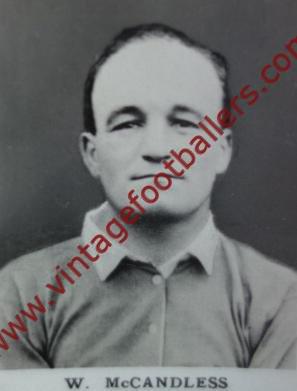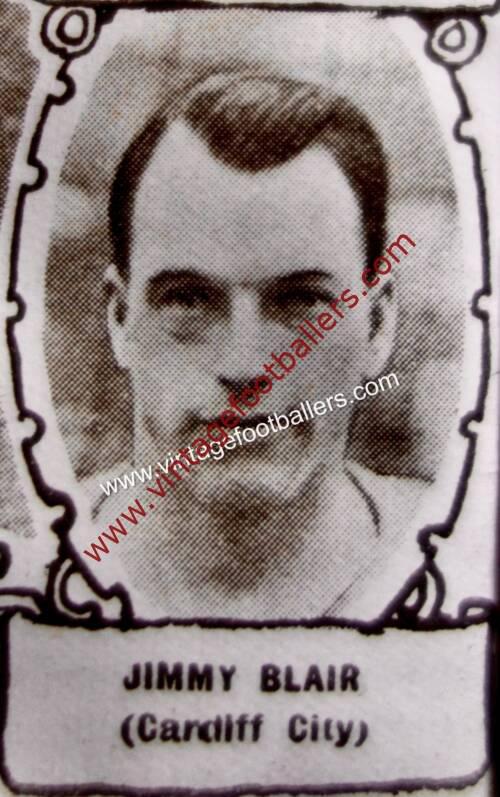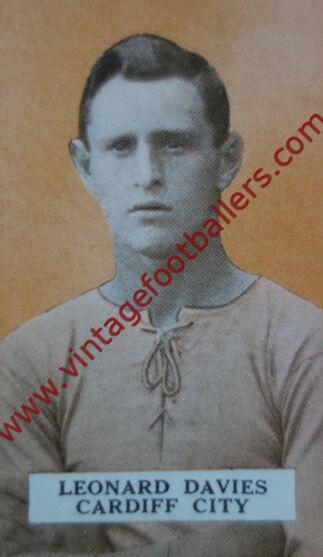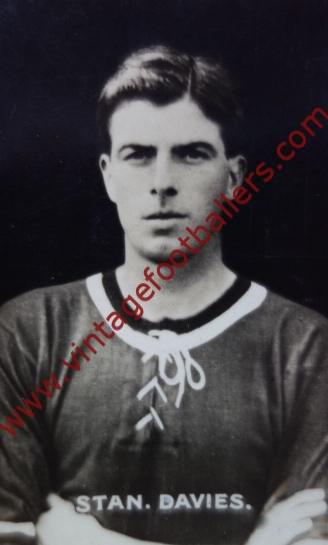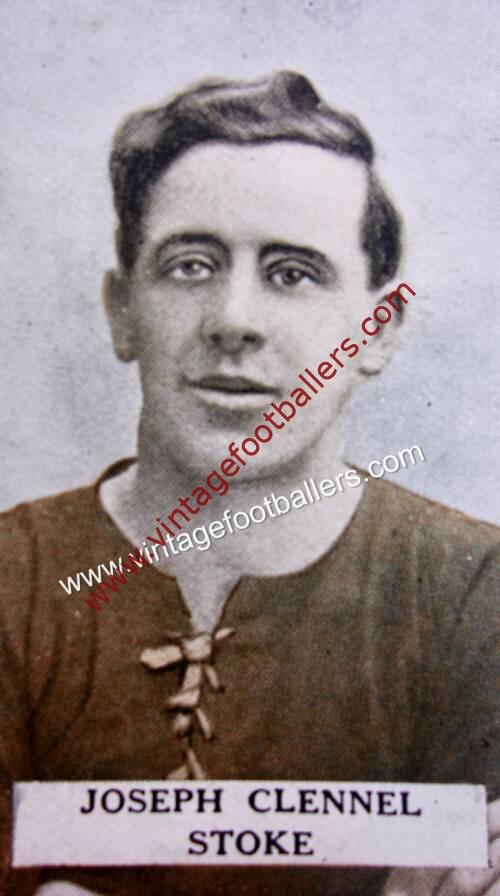Please choose your photo size from the drop down menu below.
If you wish your photo to be framed please select Yes.
Note: 16″x 20″not available in a frame.
Images can also be added to accessories. To order please follow these links
£8.95 – £49.95
In stock
Please choose your photo size from the drop down menu below.
If you wish your photo to be framed please select Yes.
Note: 16″x 20″not available in a frame.
Images can also be added to accessories. To order please follow these links
Belfast born left back Billy McCandless started his career with non league sides Ligoniel and Barn before joining Linfield in 1914. He stayed with The Blues for six years, helping them to Irish Cup success in 1916 and 1919. After the First World War ended he won his first Ireland cap in the unofficial Victory International against Scotland in Glasgow and he won his first full cap in Ireland’s first post-War match, a 1-1 draw with England at Windsor Park, Belfast in October 1919. He also played twice for The Irish League in the immediate post-War period, before his performance in a 2-0 defeat to England while playing for Ireland in October 1920 prompted a number of British sides to show interest in signing him.
Eventually joining Glasgow Rangers for £2,500 in November 1920, a record fee for an Irish player at the time, he went on to add 8 Scottish League titles to his honours collection while playing at Ibrox where he formed a formidable full back pairing with another Irishman, Bertie Manderson. In fact only in 1921-22 and 1925-26 did he fail to win the Scottish League title during his ten seasons at Ibrox. In total he won 9 caps for Ireland, the last in a 2-2 draw with Wales at The Racecourse Ground, Wrexham in February 1929.
In 1930, by then a veteran, McCandless was given the opportunity to move into football management by Ballymena, where he was appointed player-manager. He returned to Scotland in 1933 to take charge of Dundee, where he created a team of challengers, before moving to Newport County in September 1937, where he helped them to promotion to Division Two winning the Third Division (South) Championship in 1939 despite using just 13 players throughout the season, still the club’s only major honour.
Following the end of the Second World War the majority of his title winning team had moved to different clubs and, after falling out with the board over the future of the team, he resigned. A month later he was appointed Cardiff City manager in June 1946 and took the side to the Division Three (South) title in his first year finishing nine points clear of second place Queens Park Rangers but, after only a few months of the following season, he left to join local rivals Swansea Town in November 1947.
At Swansea he completed a unique treble in 1948-49 leading Swansea to the Championship, and in doing so having taken three Welsh sides to the Division Three (South) title. He died on 18th July 1955 in Swansea, while still the club’s manager. Following his death the Western Mail printed the following obituary: “He was a man who lived for football and Welsh soccer has sustained a severe loss in the death of this Irishman who did so much for it. Billy Mac will be mourned by the soccer public everywhere”.
| Weight | N/A |
|---|
